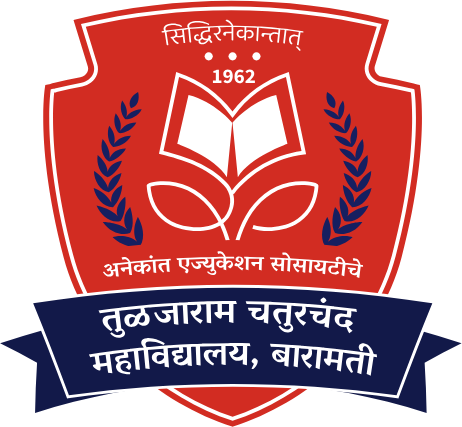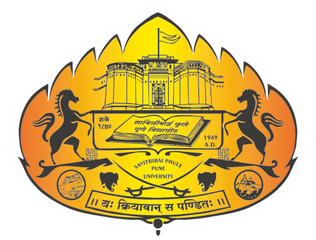The curriculum for B.VOC- ECDM is developed keeping in mind the national priorities and international practices. It also attempts to align the programme structure and course contents with student aspirations & recruiter expectations. This syllabus also attempts to align with National Goal of “Make in India”, “Start – Up and Stand – Up India” and “Digital India”.
Department Stream Categories: Vocational
Retail Management
B.Voc retail management offered courses related to skills enhancement and entrepreneur activities. We are associated with esteemed retail outlets and industries involved in service sectors, such as TATA Croma, DIY, Havells, Pantaloons, Reliance Digital, Tanishq, Reliance Smart, etc. Best practices were conducted along with TATA Croma was involved in promoting sustainable development towards our environment by collecting E-waste articles. By promoting skilled enhancement courses, we have a good track record of placing students in the service sector. Courses in Retail Management cover a range of topics to prepare students for various roles within the retail industry.
Dairy Technology
The duration of this course is 3 years. The Department observes and celebrates different commemorative days such as Milk day, National Nutrition Week, Food day etc.
Food Processing
The B.Voc programme is focused on Universities and Colleges providing undergraduate studies which would also incorporate specific job roles and their National Occupational standards (NOSs) along with broad based General Education. This would enable the graduates completing B.Voc. to make a meaningful participation in accelerating India’s economy by gaining appropriate employment, becoming entrepreneurs, and creating appropriate knowledge.
In the year 2019-20, M.Voc. program was started to focus on vertical expansion of Post graduate degree and research level as provided under the UGC guidelines for Vocational education under NSQF with 24 intake capacity.
Department of Food Technology and Research have collaborated by signed Memorandum of Understanding (MoUs) with University of Science and Technology, Meghalaya, Farm to Fork Solution, Bandra Kurla Complex, Mumbai & GloBiL’s Agri & Food enterprise, Jammu Kashmir.
Department of Food Technology and Research regularly organizes different programmes and seminar for the students such as Celebration of National Nutrition Week, National Consumer Day, FoSTaC training, State Level Seminar on “Scope & Opportunities of Food & Dairy Processing Sector in Government Organization & Regulatory Agencies, World Food Day, National science Day, etc.
Department of Food Technology and Research have organized study tours for the students in different food industry such as Mala’s & Mapro Industry, Satara, Paras Dairy, Newasa, Gokul Dairy, Kolhapur, Coconut Research Centre, Fisheries College & Marine Biological Research Centre, Ratnagiri, Sula vineyard & Sahyadri Farms, Nashik, Yudgul Dairy, Kolhapur, Gadre Marine Industry, Ratnagiri, Satara Mega Food Park, Satara, etc.
Our students are placed in different multinational food industry such as ITC Ltd, Ranjangaon, Britannia Industry Pvt. Ltd, Shirur, Bauli India Bakes & Sweets Pvt. Ltd. Baramati, Paras Dairy, Ahemadnagar, Imsofer India Pvt. Ltd., Baramati, Gits Food Products Pvt.Ltd., Pune, Satara Food Mega Park, Satara, Venkys Indian Ltd. Kamshet, Pune, and KFC etc.
Journalism
In the dynamic landscape of the Media and Entertainment (M&E) industry, a growing demand exists for a versatile, well-educated workforce capable of multitasking. Bridging the gap between industry requirements and academic offerings is crucial, and this is where skill-oriented education plays a pivotal role. Founded with this vision, the Department of Media and Communication Studies aims to equip students with diverse perspectives on social and communication platforms. Its skill-based curriculum is central to the department’s mission and is designed to empower students and reshape the academic and media spheres. Recognizing the importance of aligning education with industry standards, the department obtained approval from the University Grants Commission to extend its programme under the National Skill Qualification Framework (NSQF) on June 15, 2014. Subsequently, in the academic year 2019–20, the department introduced a Postgraduate programme within the NSQF framework.
The department continually updates its programmes to address evolving industry demands, emphasizing adaptability and innovation. Regular review of syllabi ensures that courses remain relevant and responsive to industry needs. With a curriculum that places a 60% focus on skill development and 40% on general education, the Department of Media and Communication Studies is committed to nurturing a workforce that is not only academically proficient but also adept at meeting the challenges of the modern media landscape.








